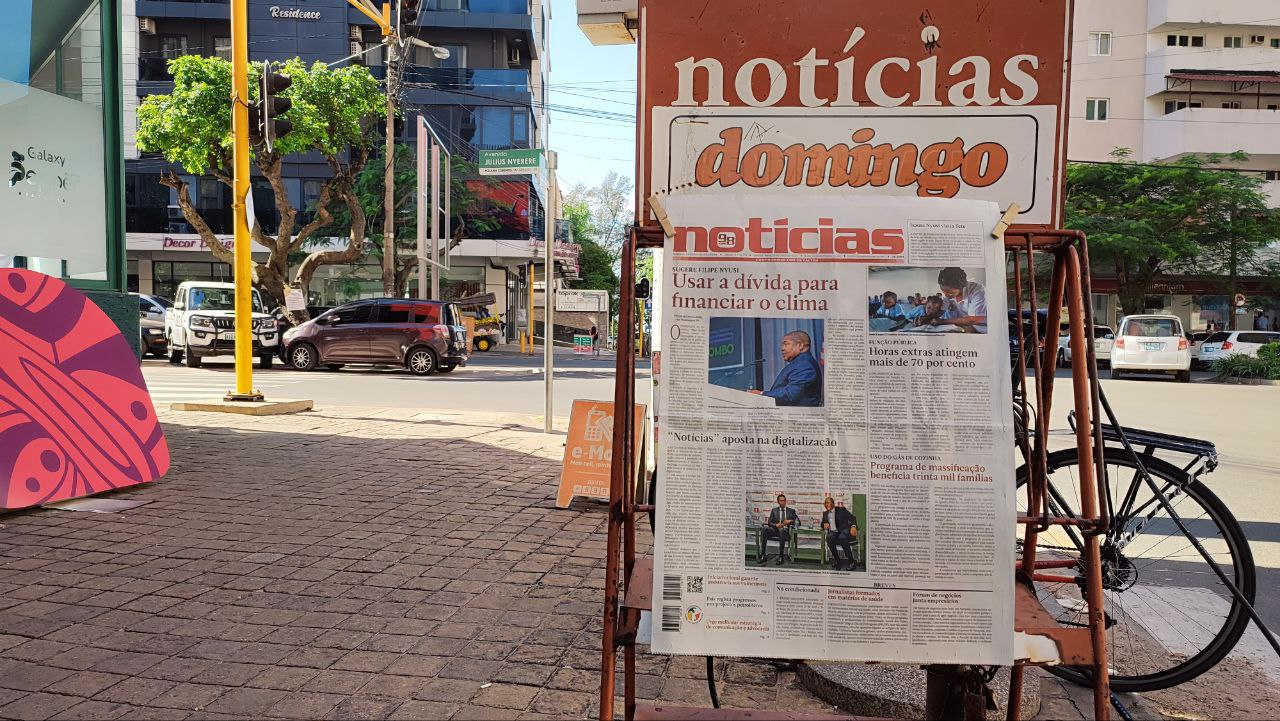Opinion: Access to water is essential in the fight against covid-19
The world as we know it has changed. Across the globe, countries are fighting a deadly pandemic for which they were collectively unprepared. Today the total number of confirmed cases of covid-19 stands at around 5.5 million, of which 350,000 have lost their lives. These numbers probably hide the tru









